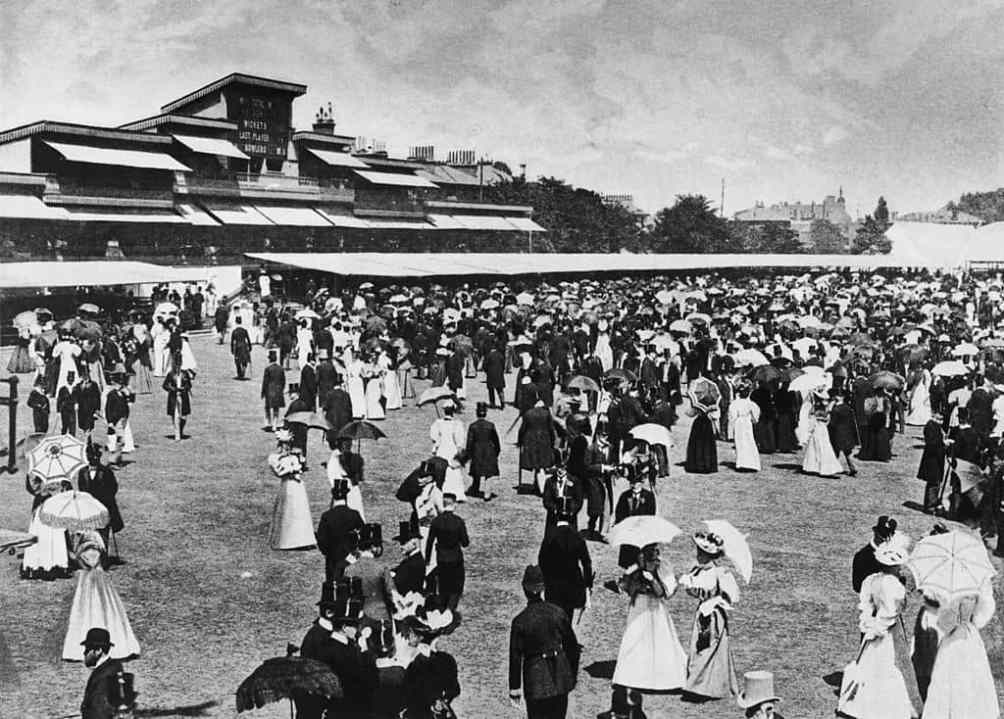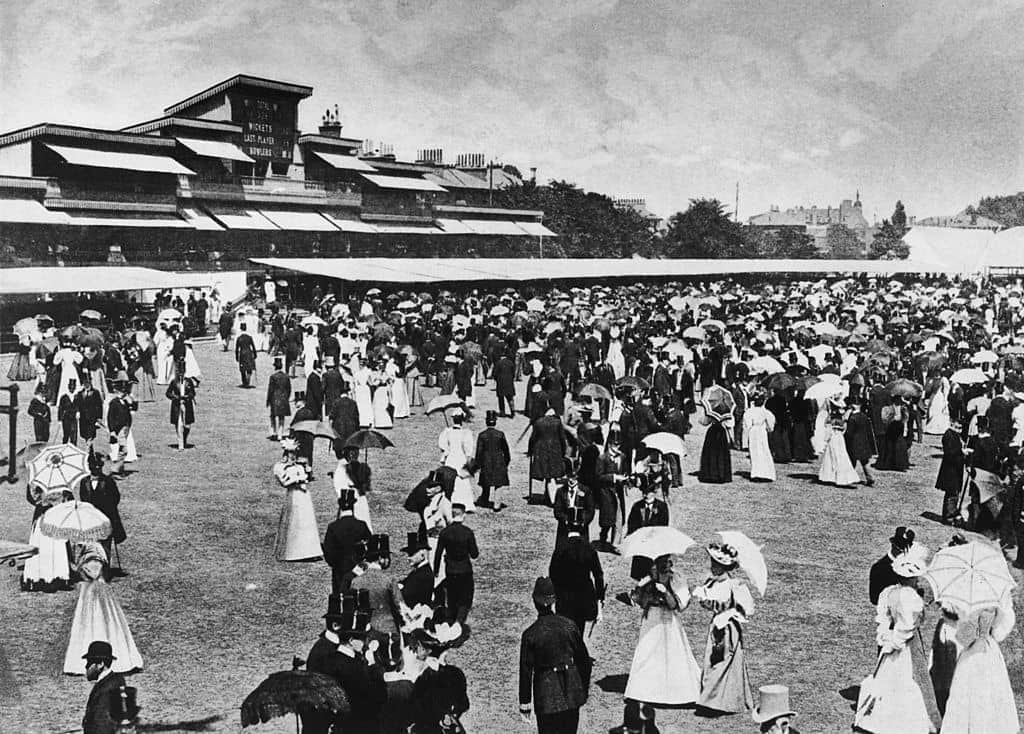In an act of thinly veiled class war, news broke this week that the Marylebone Cricket Club (MCC) has decided to stop hosting two of the longest running fixtures in English cricket history: the annual Eton versus Harrow and Oxford versus Cambridge matches. A sporting tradition that stretches back 200 years is no more, as Lord’s becomes the latest institution to embrace the all-encompassing need for change.
In a written statement, the MCC argued that cancelling the historic fixtures would help ‘broaden’ the fixture list and give a ‘wider range of players’ the chance to play at Lord’s. It’s a strange doublethink: how can removing two fixtures do anything but narrow the fixture list, and offer the opportunity to a ‘narrower range of players’? What is particularly infuriating is that no plans appear to be in place yet for new fixtures to replace the lost matches. As happens so frequently, the MCC has destroyed a much-loved tradition without bothering to think of something to replace it with.
It’s hard to escape the conclusion that this is simply a vindictive move on the part of the MCC
In any case, why does it have to be a choice? Nobody would be opposed to more matches being played at Lord’s and genuinely broadening the demographics of those involved. There would be absolutely no reason not to play the final of state-school cricket competitions at Lord’s, say, or to give the country’s best women’s teams the same chance – while keeping this historic fixture in place. Indeed, the Oxford and Cambridge women’s rugby teams joined the men at Twickenham for the first time in 2015 and nobody seems to mind.
But the fact is that the zealots behind this kind of move don’t want that. It’s hard to escape the conclusion that this is simply a vindictive move on the part of the MCC, who wish to bin an English cricketing tradition for no better reason than to distance themselves from misplaced claims of ‘elitism’.
What is especially odd about this episode is the fact that the two university teams have actually supported the initiative. If I had spent my entire youth playing cricket to a high level, worked hard to get into the university cricket team, and spent nights dreaming of playing on the hallowed turf of Lord’s, I would be pretty disappointed to find that I had suddenly been denied that chance in some unsubstantiated attempt to ‘widen access’.
But apparently not. Oxford University Cricket Club claims that they ‘completely support’ the MCC, with the Cambridge team apparently also ‘enthusiastically welcoming the decision to make way […] for a wider range of people to realise their ambition of playing at Lord’s’. We all know that individual players are almost certainly saddened by the end of a centuries-old tradition. Yet so deranging is modern groupthink that all are forced not just to accept direct attacks on their own institutions, but to welcome them ‘enthusiastically’.
This controversy betrays another sad tendency we have in modern Britain – that of denigrating our own leading institutions. Public schools like Eton and Harrow, as well as our two oldest universities, are viewed by many with a barely concealed embarrassment. To go to one of these institutions now does little apart from set you up for future mockery – just look at how David Cameron, for example, tried to play down his Eton and Oxford roots. With good reason, it’s now widely suspected that to go to a public school or Oxbridge can actively count against you in later life.
While talented and able people can and do come from a wide range of different backgrounds, it’s not healthy for a society to develop such disdain for some of its finest educational establishments. This seems to be a predominantly British (and perhaps American) phenomenon. I spent a brief time studying in China, for example, where they are rightly very proud of their top schools and universities, as well as their traditions, and look on in bafflement as we constantly put down ours. Perhaps that is just one small reason why they are acting with such self-confidence on the world stage at a time when we appear lost.
In many ways, this story – of binned traditions and self-degradation – is deeply boring. We’ve seen it all before. But the question still remains: why are we so keen to trash our culture and traditions, all in some vague, destructive and ultimately meaningless anti-elitism project that won’t do anyone any good?







Comments